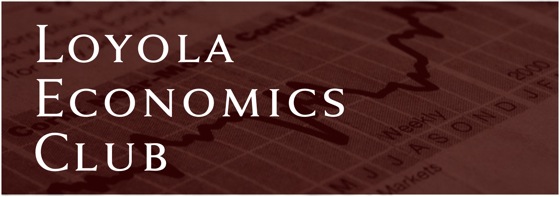I am still unsure as to how spending more will decrease deficits in the future. The CBO claims that the bill that it reviewed would accomplish this, so maybe I'm missing something. Anyway, let us look at this bill from another perspective. The bill is going to cost nearly one trillion dollars. How will this affect the economy?
https://blogger.googleusercontent.com/img/b/R29vZ2xl/AVvXsEiuvji3MRQoGrPgbTthJswEdGvF6u10pM0hVtXPJ6Dmo-7oTxGOgh2ya3k6yrKTsKCGwMx4BgWuPEpW5BMC8Qxpz1JR2hdTpm1hseYXZdJHuDpios7WPrh5vqQ6Ledb7iNHhIzX12GAIw/s1600-h/Diminishing+Productivity+of+DEBT+(2).jpg
That link leads to a graph how how increasing debt affects GDP. As you will see, there is an inverse trend between the two, that is, an increase in debt generally leads to a decrease in GDP. Currently, the graph's trend shows that for every dollar of debt added to the economy, GDP decreases by around 45 cents.
Subscribe to:
Post Comments (Atom)


No comments:
Post a Comment